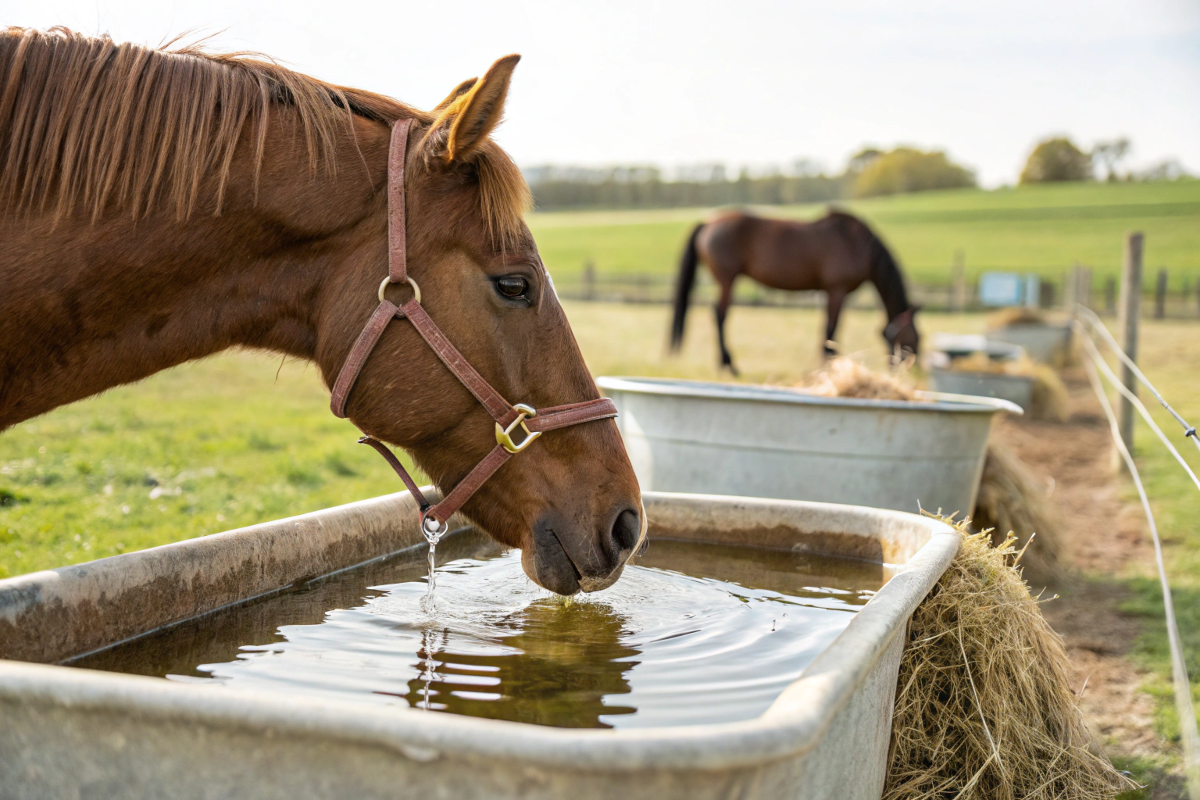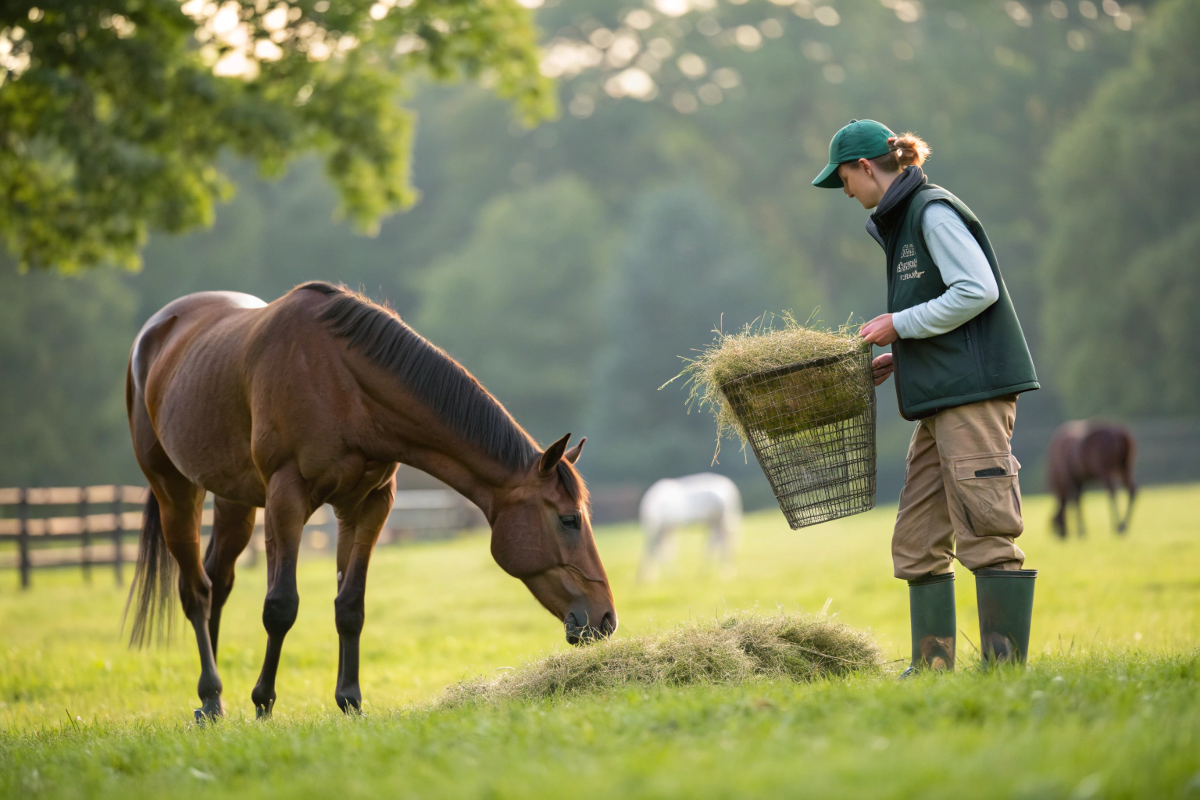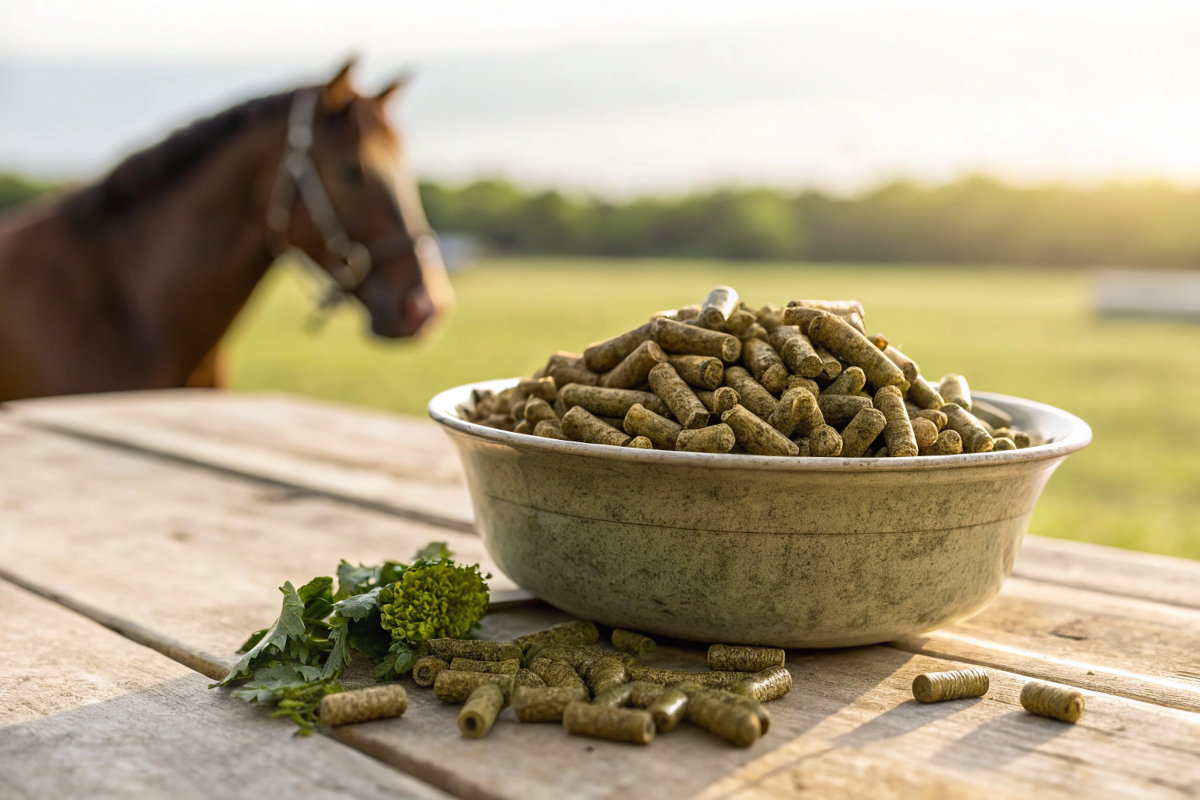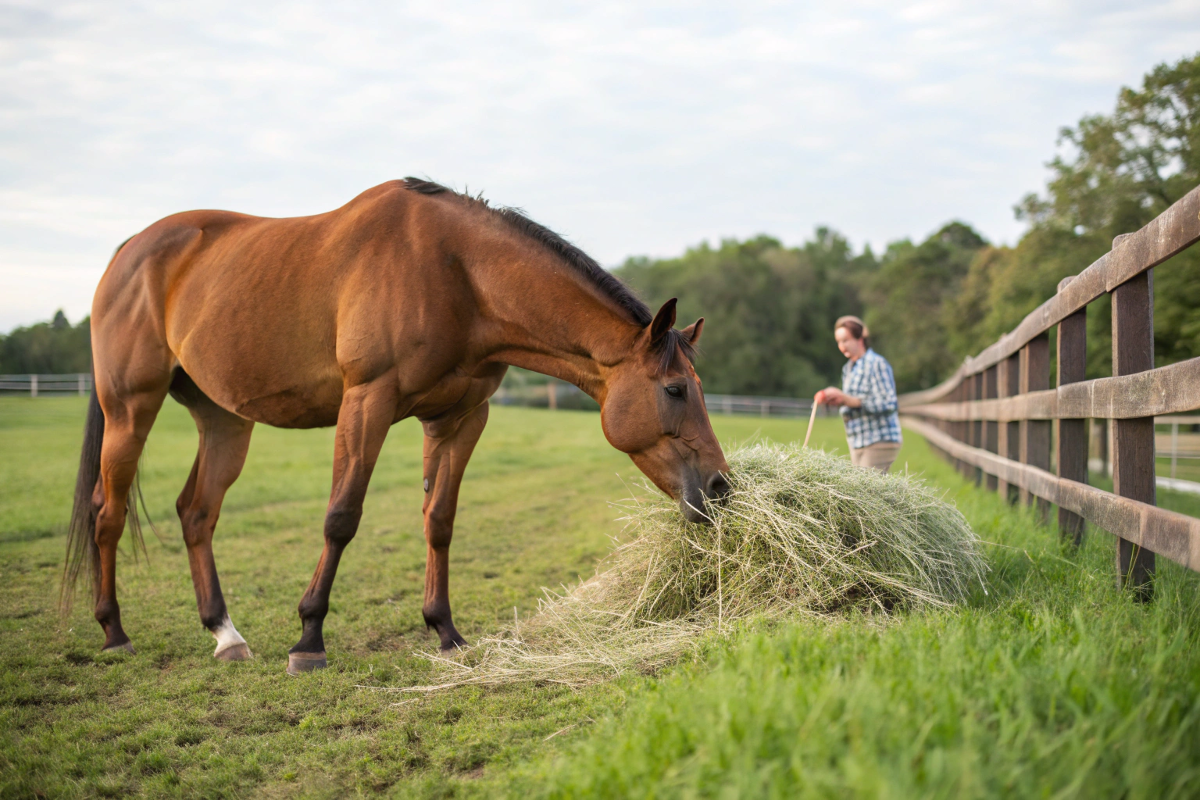When it comes to equine health and nutrition, few topics are as fundamental — yet often overlooked — as hydration. The question of how much water does a horse drink a day may seem simple on the surface, but the answer is layered with factors like diet, weather, activity level, and the quality of forage.
READ MORECategory: Forages
How to Get Your Horse Enough Fiber
A balanced equine diet starts with one core nutrient: fiber. From digestion to sustained energy, fiber plays a crucial role in your horse’s health, performance, and happiness. But getting that fiber right means knowing what forms are ideal, and how your horse’s specific needs determine what works best. If you’re looking for a horse fiber
READ MOREManaging Ulcers in Horses with Alfalfa Pellets: Myth or Fact?
Horse owners and equine professionals have long sought effective strategies for managing gastric ulcers, a prevalent condition in modern equine care. Among the many suggestions circulating in the community, one frequent topic of conversation is the use of alfalfa pellets for managing horse ulcers. But is this approach truly based on science, or simply a
READ MOREThe Essentials of Daily Horse Care and Nutrition
Proper horse care is a daily responsibility that requires dedication, knowledge, and a deep respect for these magnificent animals. At the heart of excellent horse care is nutrition—providing your horse with the right balance of forage, supplements, and clean water to ensure a long, healthy, and productive life. The Essentials of Daily Horse Care
READ MOREAlfalfa: Choosing the Right Cut and Blend for Optimal Nutrition
When it comes to horse-related care, few aspects are as critical as nutrition. Proper feeding is the cornerstone of health, vitality, and performance for equines, whether they’re grazing in a pasture, training on the track, or enjoying leisurely trail rides. Among the many forage options available, alfalfa stands out as one of the most nutrient-dense
READ MORE



